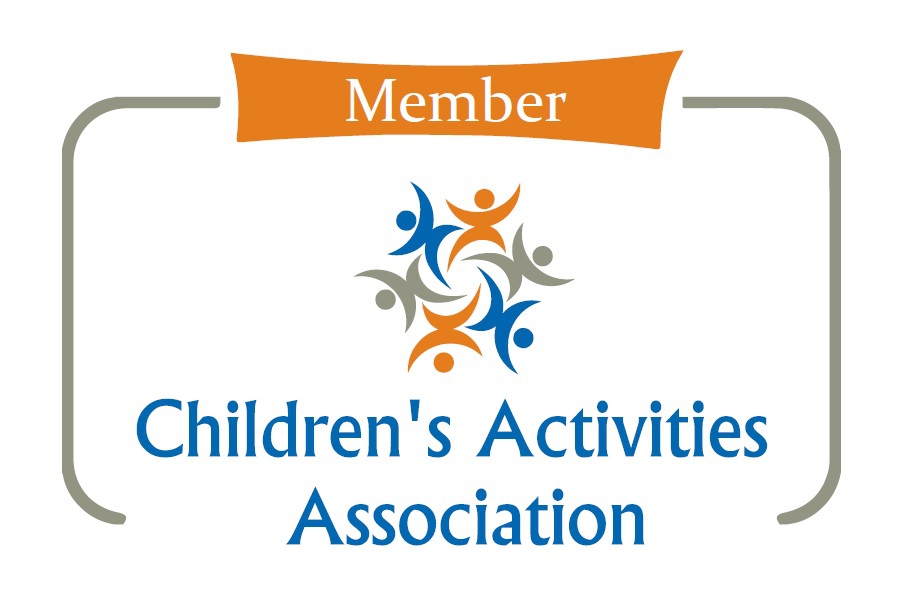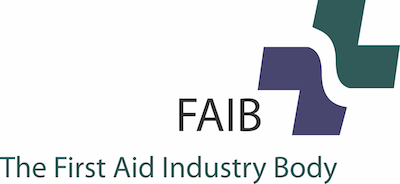Have you heard of group B Strep? It’s a bacterial infection which can affect pregnant women and babies. Around 1 in every 1750 newborn babies in the UK and Ireland is diagnosed with early-onset group B Strep infection, but the lack of awareness around this topic means you’d be forgiven for never having heard of it until now. The infections that group B Strep most commonly causes in newborn babies are sepsis, pneumonia, and meningitis, and although group B Strep infection can make your baby very unwell, with prompt treatment, most babies will make a full recovery.
So, what is group B Strep?
Group B Streptococcus (also known as GBS, group B Strep and Strep B) is a bacteria which lives in the intestines, rectum and vagina of around 20-40% of women and men in the UK. It’s important to point out it is NOT a sexually transmitted disease, it is just that some people “carry” the bacteria. Most women carrying GBS will have no symptoms, so while it is not harmful to you, there is a small chance it can affect your baby around the time of birth. GBS can occasionally cause serious infection in young babies and sometimes serious infections for pregnant women.
How would I know if my baby developed a group B Strep infection?
In the UK, up to two-thirds of group B strep infection in babies are early-onset infections.
An early-onset group B Strep infection usually presents as sepsis with pneumonia. Symptoms include:
- Grunting, noisy breathing, working hard to breathe or not breathing at all
- An abnormally fast or slow heart rate or breathing rate
- Being very sleepy and / or unresponsive, or being unusually floppy
- Inconsolable crying
- Not feeding well/keeping milk down
- An abnormally high OR low temperature – feeling unusually hot or cold to the touch
- Changes in skin colour
Because most early onset infections develop within the first 12 hours after birth, they can often be identified whilst still in hospital. However, it is important that you are aware of these symptoms as it can take 6 days for them to emerge.
Late onset group B Strep infection can occur anywhere between 7 and 90 days, and represent a third of cases.
Symptoms of late onset group B Strep infection are similar to those listed above, but may also include signs associated with meningitis such as:
- Being irritable with a high pitched or whimpering cry, or moaning
- Blank, staring or trance like expression
- Floppy and/or involuntary stiff body/jerking movements
- Tense or bulging fontanelle (the soft spot on babies’ heads)
- Turning away from bright light
- Pale, blotchy skin – this may not be as obvious on black and brown skin which may present as ashy or grey
Babies can be exposed to GBS from a variety of sources after birth, including from their mum or other people.
If your baby develops any of the above symptoms, call 999 or go straight to A&E.
How is group B Strep treated?
Group B Strep infection needs to be treated really quickly which is why you must always seek medical help immediately if you suspect your baby may have it. High doses of intravenous (through a vein) antibiotics need to be given for up to 14 days, especially if a meningitis infection has also been identified.
Very sadly, even with full intensive care, 1 in 16 babies will die from their group B Strep infection.
If a baby with group B Strep is a twin or multiple, intravenous antibiotics should be given to the other babies as a precaution, even if they don’t have symptoms.
Is there anything I can do in pregnancy to protect my baby from group B Strep?
Remember that if you carry group B Strep there are no symptoms, so testing is the only way to find out if you are one of the 20-40% who carry the bacteria.
Currently, testing is not done routinely on the NHS, although the bacteria may be found during other tests such as a vaginal swab or urine test.
If you would like to be tested for group B Strep, firstly talk to your midwife about options that might be available on the NHS in your local area. If you decide to test privately, the best time to do this is between 35 and 37 weeks of pregnancy.
If a group B Strep infection was detected in a previous pregnancy, there is a 50% chance you will be carrying group B strep again in your next pregnancy.
What if tests find group B Strep during pregnancy?
You’ll be advised to have a look at your birth plan with your midwife, and they may recommend giving birth in hospital. You will most likely be advised to contact your midwife as soon as you go into labour or your waters break.
Once in labour, you’ll be advised to have antibiotics intravenously – it’s been proved that this can be highly effective at preventing group B Strep in newborn babies when given as soon as possible after labour has started, and then at regular intervals until baby is born. There are no known long term side effects to your baby from following this course of treatment.
You might also be asked to stay in hospital for at least 12 hours after your baby is born, which will allow monitoring for signs of infection in those first hours.
In conclusion
Most babies will NOT develop a group B Strep infection. However, being aware of the symptoms is crucial for all new parents, as early treatment is essential to a successful outcome. Make sure your family and anyone looking after your baby in those early days are aware of the symptoms – as we always say at Mini First Aid, forewarned is forearmed.
All the best, Mini First Aid x
Sources: NHS UK, Group B Strep Support
Our award-winning First Aid Kit
Our First Aid Kit is the ultimate must-have for families on the go. Thoughtfully created with parents in mind, it comes in a compact, stylish pouch that fits easily into your changing bag, slides under the buggy, or sits neatly in your car or kitchen drawer. Inside are 74 essential first aid items – including paramedic-approved shears for cutting through clothing in an emergency. From minor bumps to more serious situations, you’ll be ready. It’s practical peace of mind – in a pouch that looks as good as it works.








